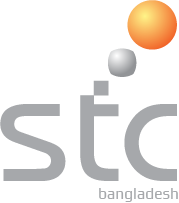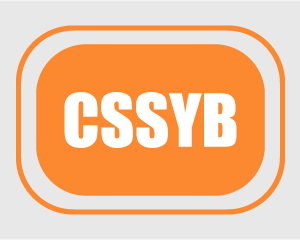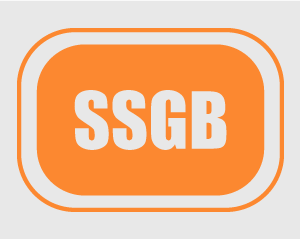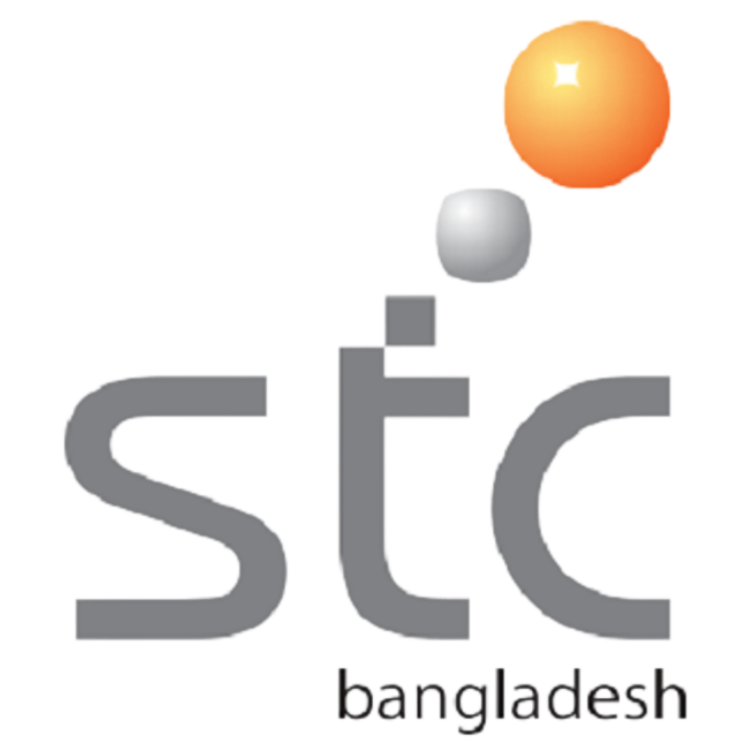Lean Six Sigma Black Belt (LSSBB)
৳45,000.00 excluding vat
Courses Included
» Learn tools of six sigma step by step in DMAIC approach. » Practice tools with Minitab statistical software » Get prepared for six sigma Greenbelt certification exam, especially for ASQ (American Society for Quality) which is recognized as top among certification provider bodies. » Assessment through quiz after each class » Practically apply tools in individual six sigma project and based on that get the certification
Description
What is the course about?
This training has two fold benefits for the participants. One is to learn how to use six sigma tools in day to day operation and another is to get required knowledge tips and tricks on passing any six sigma certification exam.
Six Sigma Black Belts are a vital part of a successful Six Sigma program. This Six Sigma Training equips delegates with the appropriate skills and tools to enable them to deliver current and future improvements. During this Six Sigma Training course delegates are trained to utilize the fundamental Lean Six Sigma tools to improve processes, typically in their respective department or unit. Each session of this course is a collection of related lessons, and includes an interactive quiz at the end of the session. Individual lessons also include simulations and interactive practice exercises.
The Six Sigma Black Belt Certification course is based on the ASQ (American Society for Quality) “body of knowledge” of six sigma, and follows a model known as DMAIC. The DMAIC model is the standard six sigma roadmap from project selection through completion and follow-up.
Who should attend the course?
Managers, Functional team leaders and team members who will be involved in Six Sigma projects, QA Managers, internal consultants, change agents, project managers, persons interested in Six Sigma Black Belt (SSBB) Certification, six sigma project team members.
Why you should Attend the course?
- Learning of tools of six sigma step by step in DMAIC approach.
- Knowledge sharing with other six sigma practitioners
- Practice tools with Minitab statistical software.
- Get prepared for six sigma black belt certification exam, especially for ASQ which is recognized as top among certification provider bodies.
- Get certification from the institute upon completion of 1 project and passing a test.
- Assessment of knowledge through quiz after each class
How the training conducted?
Module 1: Enterprise wide Deployment
- Six sigma History (Deming, Juran, Crossby, Ishikawa)
- Introduction to DMAIC approach
- Six sigma and lean application
Module 2: Team Management
- Team management
- New 7QC tools ( Affinity diagram, relation diagram, PDPC, Matrix diagram, network diagram)
Module 3: Process Management
- Six sigma History (Deming, Juran, Crossby, Ishikawa)
- Introduction to DMAIC approach
- Six sigma and lean application
Module 4: Define
- VOC, CTQ flow down, KANO Model
- Quality Function Deployment (QFD)
- Project charter
Module 5: Measure Data
- Process flow diagram
- SIPOC
- Process flow metric (Takt time, cycle time, throughput)
- Value stream map, process map, work instruction, flow chart, circle diagram
- Measurement System Analysis
Module 6: Measure Statistics
- Basic probability rules
- Distribution concepts- Normal, binomial, poisson, chi square, exponential, hyper geometric, student t, F weibull etc. with Minitab,
- Process capability
- Process capability indices: Cp and Cpk
- Process performance indices: Pp, Ppk and Cpm
- (DPMO), defects per unit (DPU), process sigma
- Rolled throughput yield (RTY)
Module 7: Analyze
- Failure mode and effect analysis (FMEA)
- 5 Why, Gap analysis, Pereto,
- Relationships between variables
- Correlation, regression
- Multivari, multivariate tool principal components, factor analysis, discriminant analysis, multiple analysis of variance (MANOVA)
- hypothesis testing
- cause and effect diagram
Module 8: Improve
- Design of Experiment
- Waste elimination, Keizan, Cycle time reduction
- Theory of constraints
- Risk analysis and mitigation
Module 9: Control
- Rational sub grouping
- Chart selection: ̅- R, ̅- s, ImR, p, np, c, u, short-run SPC and moving average.
- Sustain improvement
Module 10: DFSS
CTx , Robust design, Triz, Pugh




